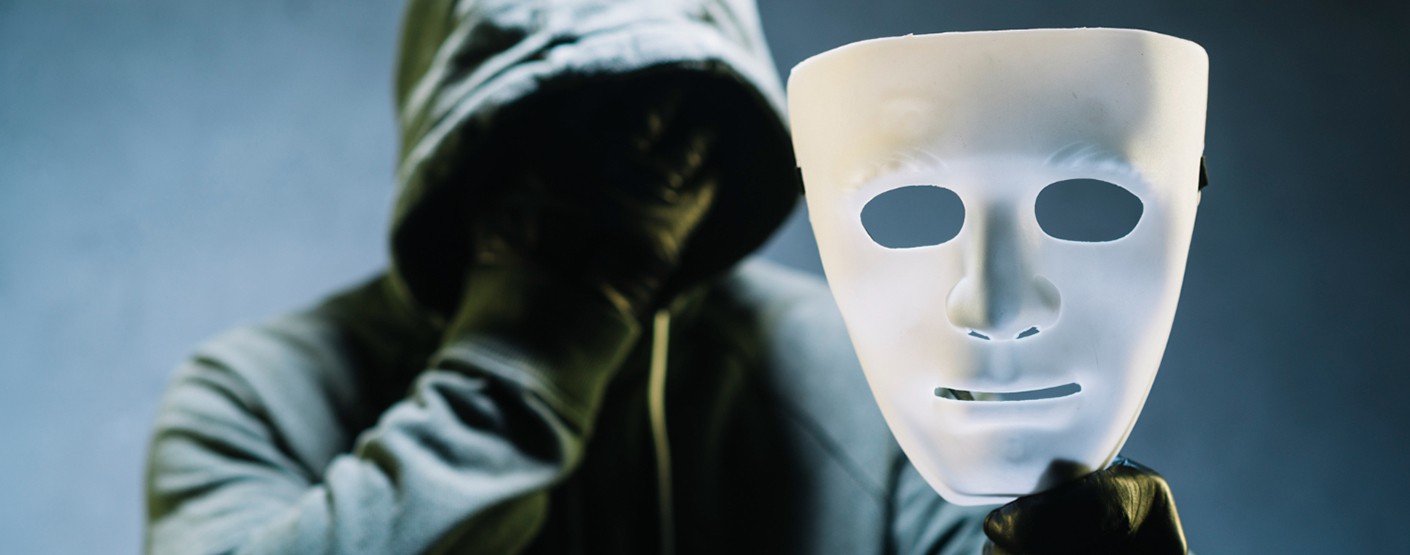

Facial Recognition and cybercrime: how easy is it to fool a biometric system?
We've already discussed the creation and use of Facial Recognition technology, the positive results of artificial intelligence testing, and the high efficiency rates of biometric systems. But how reliable and foolproof is this technology?
Can facial recognition systems be fooled?
It turns out they can. Some cases have garnered significant attention, and these are not the only examples of "bypassing" facial recognition systems.
Grigory Bakunov invented an algorithm that designs a unique random makeup to protect the user's face from being identified by facial recognition systems and to deceive the software. However, the developer decided not to market his product, realizing that the algorithm could be used by cybercriminals.
In Germany, Berlin-based artist Adam Harvey devised a similar algorithm called CV Dazzle. It creates clothing with special patterns (depicting eyes and mouths on the fabric) that helps avoid detection and identification by video analytics systems, thus confusing facial recognition technology.
At the end of 2017, a Vietnamese company successfully used a mask to hack the Face ID facial recognition feature in Apple's iPhone X. However, this method proved too complex for mass adoption, preventing its widespread use (including for malicious purposes).
Around the same time, researchers from a German company discovered a vulnerability that allowed them to bypass Windows 10 Hello authentication simply by printing an image of a face in the infrared spectrum.
In May 2018, Forbes reported that researchers from the University of Toronto developed an algorithm that disrupts facial recognition technology by altering certain pixels in an image. These changes are imperceptible to the human eye but can confuse facial recognition algorithms.
Naturally, such a number of vulnerabilities could not go unnoticed. Currently, security experts are working on creating effective mechanisms to combat spoofing—substituting faces and deceiving biometric systems.
Solving the problem of fooling facial recognition technology
Experts identify two algorithms whose implementation would make facial recognition systems less vulnerable:
- Liveness Check: The facial recognition system must ensure that the captured image is that of a real person, not a photograph (2D), smartphone screen, tablet, or any other electronic device (2D), or a mask (3D).
- Image Consistency Check: The system must be able to determine that the facial images of two or more people have not been merged into one and used in identity documents.
Enhancing these mechanisms will be a priority for facial recognition system algorithm developers in the near future. Implementing these developments will help curb spoofing and make biometric systems more reliable.
What's New?
All news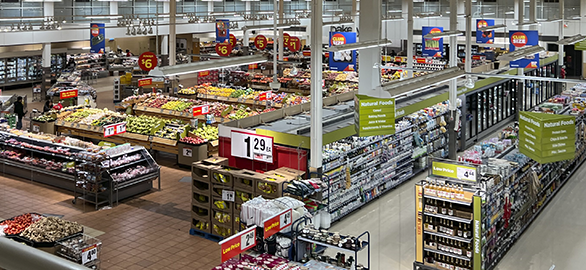
How to Choose the Right Surveillance Cameras for Retail: Zone-Based Guidance with DORI Standards in Mind
How to Choose the Right Surveillance Cameras for Retail: Zone-Based Guidance with DORI Standards in Mind
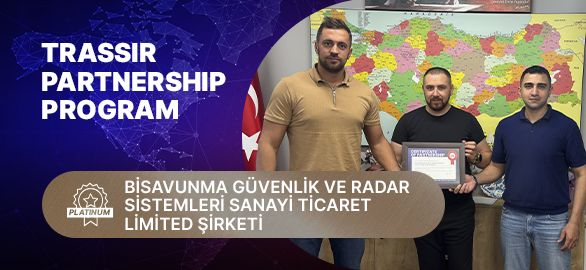
Welcoming Our New Platinum Partner: BİSAVUNMA GÜVENLİK VE RADAR SİSTEMLERİ SANAYİ TİCARET LİMİTED ŞİRKETİ
Welcoming Our New Platinum Partner: BİSAVUNMA GÜVENLİK VE RADAR SİSTEMLERİ SANAYİ TİCARET LİMİTED ŞİRKETİ

How TRASSIR’s PRO Dual Light Cameras Help You Work Faster and Smarter
How TRASSIR’s PRO Dual Light Cameras Help You Work Faster and Smarter

No More Blind Spots: How TRASSIR Reduces Losses and Investigation Time in Warehouses
No More Blind Spots: How TRASSIR Reduces Losses and Investigation Time in Warehouses
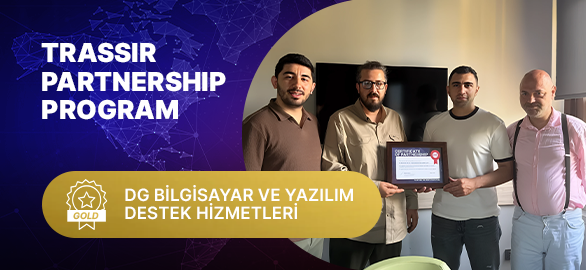
Welcoming Our New Gold Partner: DG Bilgisayar ve Yazılım Destek Hizmetleri
Welcoming Our New Gold Partner: DG Bilgisayar ve Yazılım Destek Hizmetleri
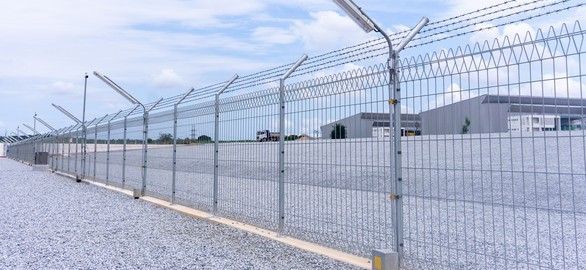
Beyond the Perimeter: How TRASSIR Protects What’s Outside Your Factory Walls
Beyond the Perimeter: How TRASSIR Protects What’s Outside Your Factory Walls
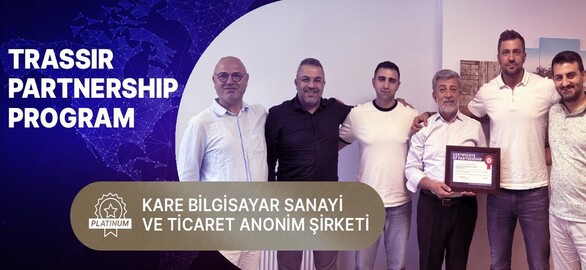
Welcoming Our New Platinum Partner: KARE BİLGİSAYAR SANAYİ VE TİCARET ANONİM ŞİRKETİ
Welcoming Our New Platinum Partner: KARE BİLGİSAYAR SANAYİ VE TİCARET ANONİM ŞİRKETİ

TRASSIR Launches New Cameras with Dual Illumination to Reduce Incident Investigation Time
TRASSIR Launches New Cameras with Dual Illumination to Reduce Incident Investigation Time
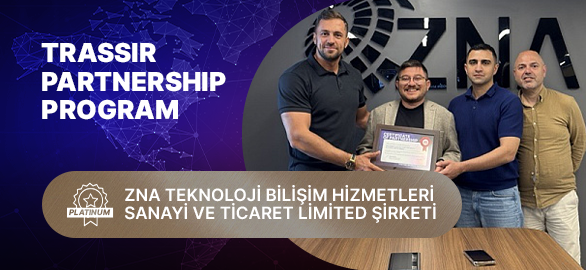
Welcoming Our New Platinum Partner: ZNA TEKNOLOJI
Welcoming Our New Platinum Partner: ZNA TEKNOLOJI

Keeping Things Moving: How TRASSIR Helps Logistics Run Smoothly
Keeping Things Moving: How TRASSIR Helps Logistics Run Smoothly

Welcoming Our New Platinum Partner: LION TECHNOLOGY
Welcoming Our New Platinum Partner: LION TECHNOLOGY

New Success Story: Industrial-Grade Security at Mirbey Plastik
New Success Story: Industrial-Grade Security at Mirbey Plastik
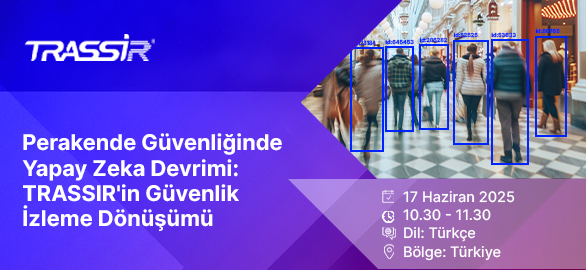
AI-Powered Insights for Retail Security in Türkiye: How TRASSIR’s intelligent video analytics transform retail surveillance
AI-Powered Insights for Retail Security in Türkiye: How TRASSIR’s intelligent video analytics transform retail surveillance
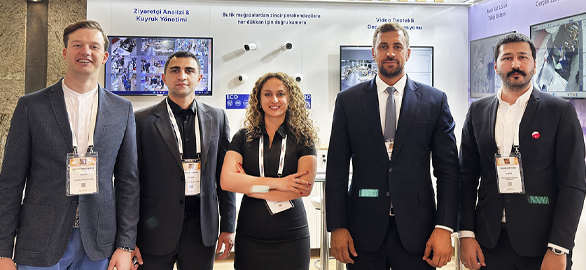
Our First Step into Global Retail: Highlights from Retail Days 2025
Our First Step into Global Retail: Highlights from Retail Days 2025

Transforming Campus Safety: TRASSIR’s Proactive Approach to Protection
Transforming Campus Safety: TRASSIR’s Proactive Approach to Protection
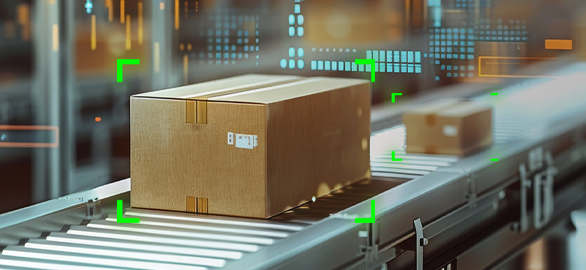
Smarter Surveillance, Smoother Manufacturing
Smarter Surveillance, Smoother Manufacturing
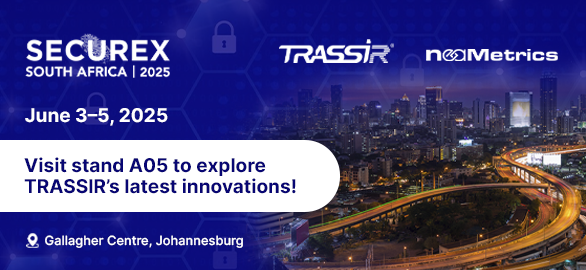
TRASSIR Solutions to Be Featured at Securex South Africa 2025 by neaMetrics
TRASSIR Solutions to Be Featured at Securex South Africa 2025 by neaMetrics

Success Story: Smarter Access Control at Hilton Istanbul Bomonti
Success Story: Smarter Access Control at Hilton Istanbul Bomonti

Retail Losses Start at the Checkout: Here’s How to Fight Back
Retail Losses Start at the Checkout: Here’s How to Fight Back
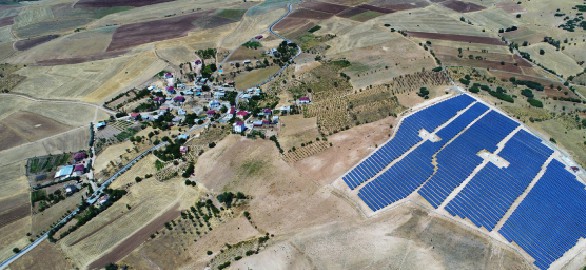
Zigana Energy Secures Solar Fields with TRASSIR’s AI-Powered Surveillance
Zigana Energy Secures Solar Fields with TRASSIR’s AI-Powered Surveillance
Try TRASSIR For Your Business
Learn more about how TRASSIR analytic modules work! Demo mode is an opportunity to see for yourself how the system works, and also check the interface and test all the functions.Success!
We will contact you as soon as possible